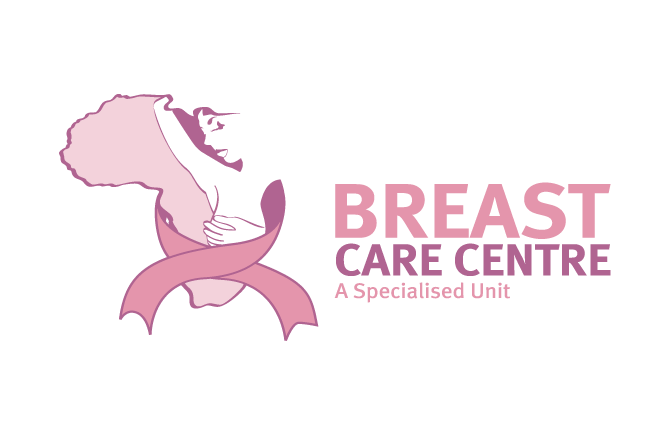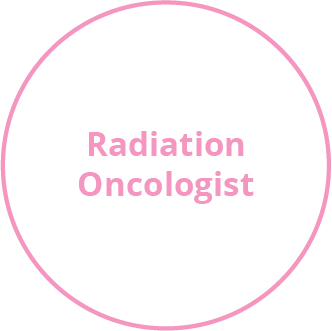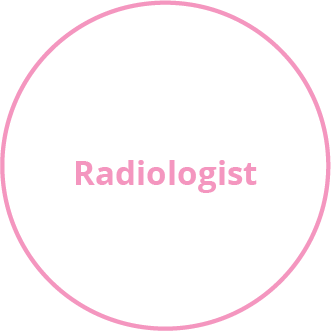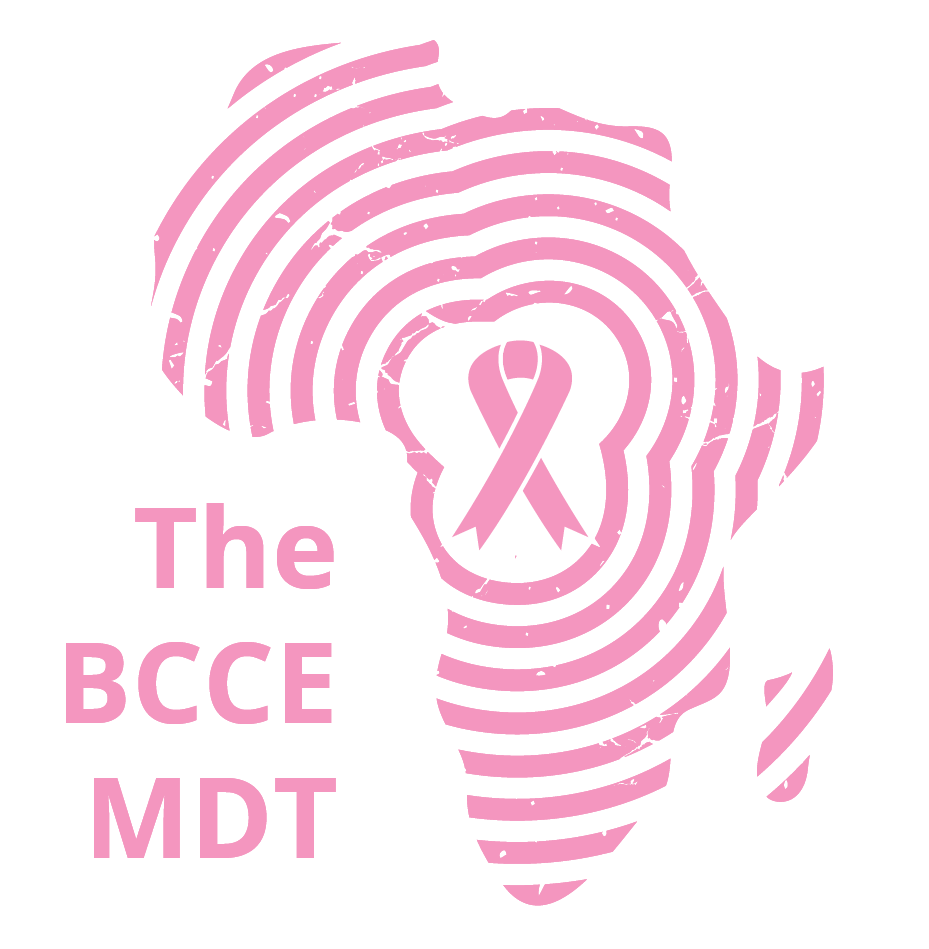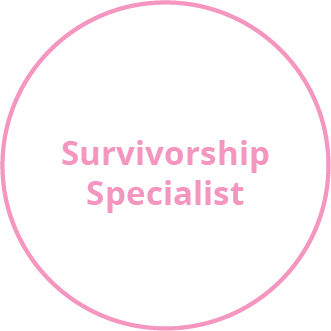Meet the Multidisciplinary Team
Realising that you have any kind of breast-related concern can be both scary and intimidating. A key part in getting through any difficulties is having a supportive healthcare team behind you. People with breast cancer are cared for by a team of healthcare professionals, each with their own expertise. This is known as the multidisciplinary team (MDT). They will meet regularly to discuss your care at the multidisciplinary team meeting (MDM). These people are there to help you on your health care journey, so here you can find the treating specialists (as well as navigators) that work with the BCCE. No matter which specialists you see or what navigators you’ll have to help you on your journey, the team will always be there to make sure you are taken care of and continue to receive the best care possible.
This unit in particular has a comprehensive multi-disciplinary team. As mentioned earlier, this means that there are a group of different doctors from different specialties working together to provide care for patients. All the doctors from the different disciplines come together for meetings to discuss all new cancer patients and complex breast issues. The benefit of this is, as you can imagine, multiple experts coming together to ensure that the best decision for the patient is reached and nothing is overlooked. Team decisions trump any single agent decision making, particularly in the field of oncology. This allows for proper care for patients, as well as not rushing into any particular decision regarding treatment.
Please note though that each health care professional, although working synergistically under one umbrella, are all independent and have independent responsibilities and practices within their discipline to ensure safe, holistic health care. For those that have websites, you can find them alongside their bios.
Auxiliary MDT members
THERE ARE A FEW TEAM MEMBERS THAT ARE PART OF THE CARE TEAM THAT ARE NOT ON THE MDT. THOSE INCLUDE:
- A palliative care specialist and navigator
- A complimentary health specialist
- Other allied healthcare specialists
- Navigators for different areas that may not attend the MDM
- Lay navigators
- A survivorship specialist (or primary oncology care physician as it is called in the US). This doctor attends the MDM, can help see you during core working hours if you can’t get hold of your oncologist, surgeon, or reconstructive surgeon, and has a special interest in helping with managing of concerns related to cancer treatment and side effects thereof after you have gone through the active part of your cancer journey.
- Navigators for young women and ones who are trained in geriatric navigation.
- A fertility service is offered.
- A complimentary health specialist to help you with decisions you may be taking about supplement use.
- Allied healthcare specialists from lymphoedema specialists, to dieticians and physiotherapists as well as psychologists are attached to the unit.
- A palliative care specialist and navigator for palliation and bereavement counselling.
- Patient navigators from the Breast Health Foundation who have walked the cancer journey are available to counsel you and help you with your journey. There is an oncology magazine called “Buddies” and ‘Buddies for life’ meetings are available for anyone who would like to join them.
Understanding the Different Fields
- Medical Oncologists (a doctor who specialises in using medication to treat cancer)
- Pathologists (a doctor who examines the tissue and cells removed during a biopsy or surgery)
- Radiologists (a doctor who specialises in the use of x-rays, ultrasound and scans to diagnose and treat disease)
- Radiation Oncologists (a doctor who specialises in treating cancer with radiotherapy alone or radiotherapy and cancer drugs)
Understanding Navigators
Navigators:
When you come for a consultation at the breast centre, you will have access not just to a medical professional (there are a range of medical specialists from oncology surgical specialists, to reconstructive surgeons) but also a range of health care assistants, from navigators who aid your journey to allied health care professionals. The navigation services offered at the breast centre provide many functions and is a complimentary service. It is designed in order to make your journey through all treatments more manageable. Upon accessing the unit you will be emailed a first point of contact form; allowing us to understand your concerns, anxieties and needs around your consultation.
What is Navigation?
According to the National Cancer Institute ( www.cancer.gov ) a patient navigator can be described as “a person who helps guide a patient through the healthcare system. This includes help going through the screening, diagnosis, treatment, and follow-up of a medical condition, such as cancer.” Essentially, navigators are the glue and are there to help you along your cancer journey. “A patient navigator helps patients communicate with their healthcare providers so they get the information they need to make decisions about their health care. Patient navigators may also help patients set up appointments for doctor visits and medical tests and get financial, legal, and social support. They may also work with insurance companies, employers, case managers, lawyers, and others who may have an effect on a patient’s healthcare needs. Also called patient advocate.”
Why is it important to have a patient navigator?
Being diagnosed with cancer can be traumatic. A patient navigator will help you with your cancer journey, offer counselling and help with getting started. They will assist you in booking appointments with various members of your treating team, help register you for your oncology benefits, help you with communicating with your doctors etc.
Medical Oncologists
